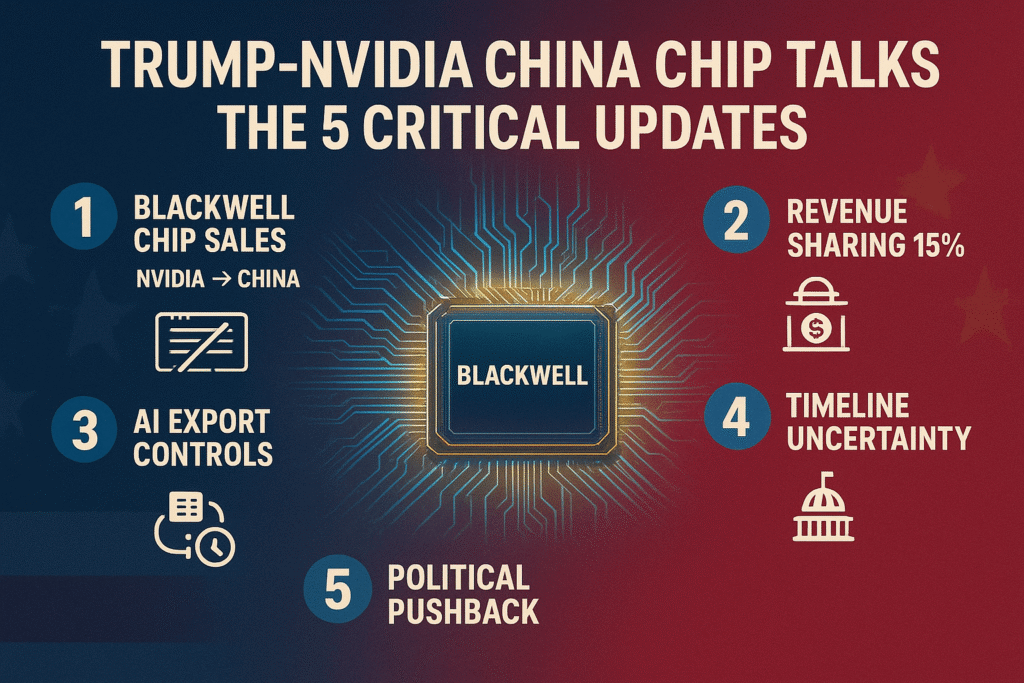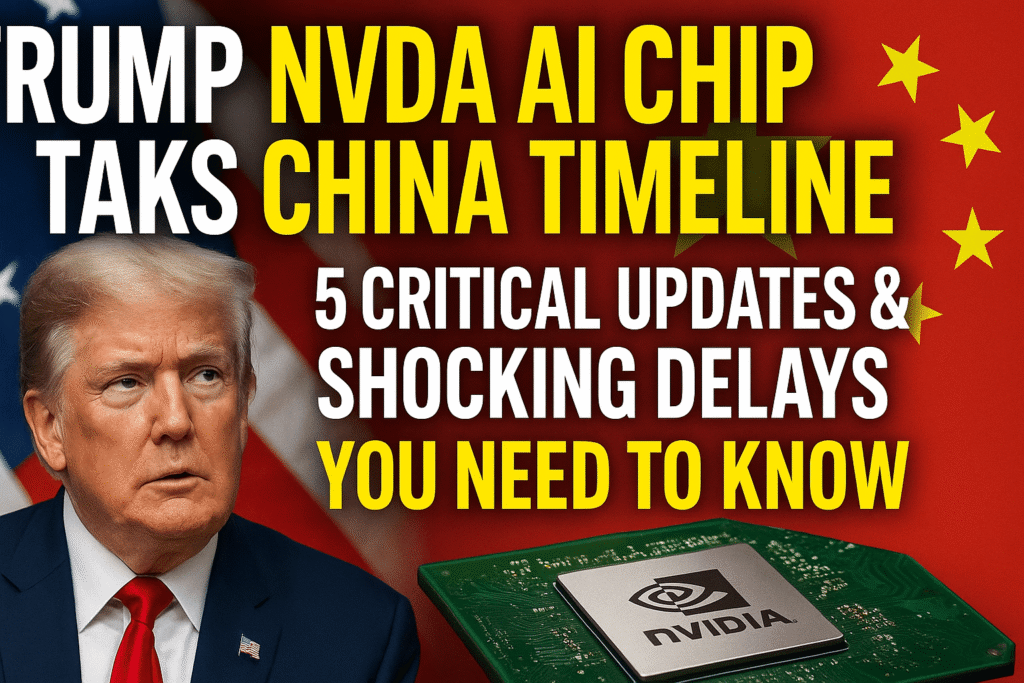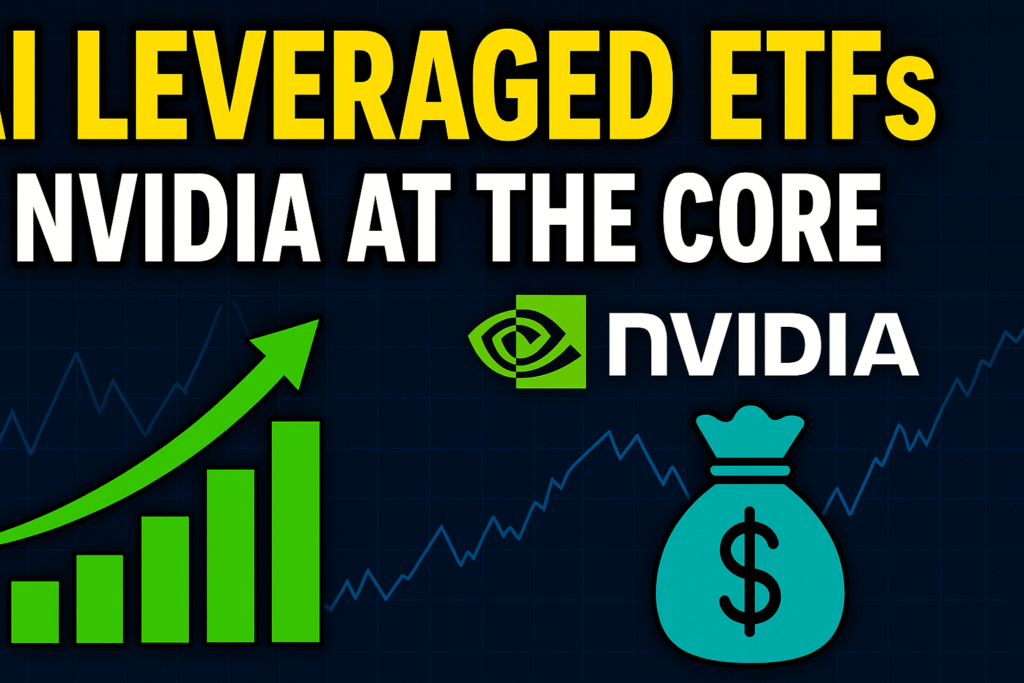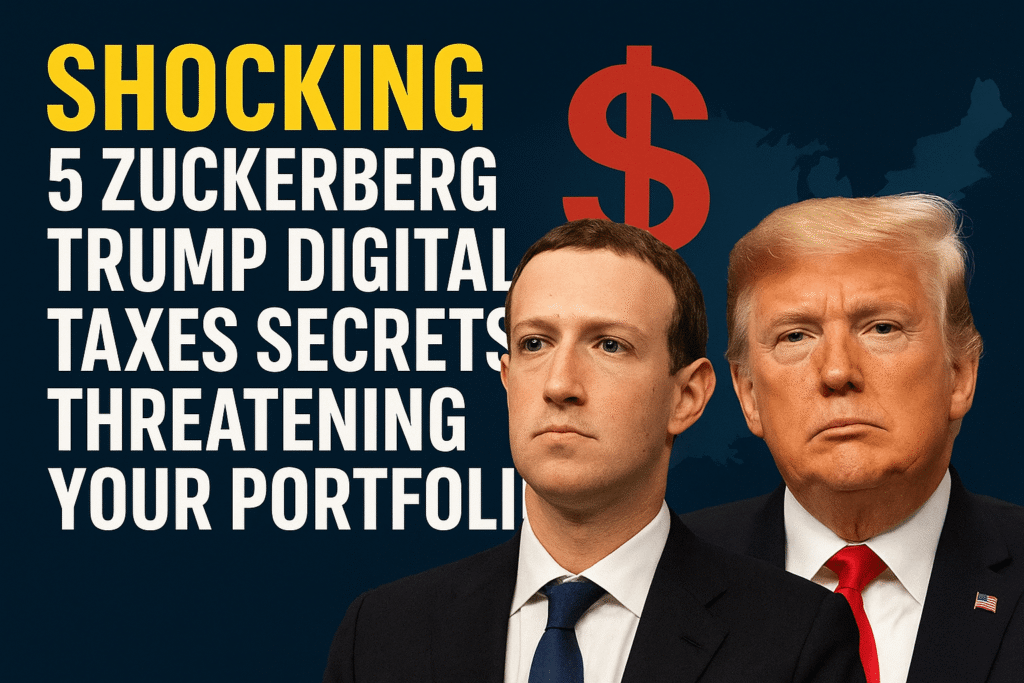Game-Changing 5-Step Guide to Trump Nvidia AI Chip Talks China Timeline That Will Transform Your Tech Investment Strategy
When you typed “Trump Nvidia AI chip talks China timeline” into Google at 1 a.m., you weren’t hunting for fluff—you needed answers fast. I’ve been there, scrolling through confusing headlines about semiconductor exports, wondering what this actually means for your portfolio, your business, or just understanding the tech world’s biggest power play.
Here’s the reality: Nvidia CEO Jensen Huang said discussions with the White House to allow the company to sell a less advanced version of its next-generation Blackwell chip to China “will take a while”. But there’s so much more happening behind the scenes that could impact everything from your investment decisions to the global AI race.
The Bottom Line: What You Absolutely Need to Know
Trump Nvidia AI chip talks China timeline isn’t just about one company—it’s reshaping the entire semiconductor landscape. Nvidia CEO Jensen Huang is actively in talks with the Trump administration about selling its powerful Blackwell chip to China, but the process involves complex negotiations that could take months to resolve.
The stakes couldn’t be higher: Nvidia and AMD have agreed to share 15% of their revenue from sales to China with the U.S. government, creating an unprecedented revenue-sharing model that could become the template for future tech deals.
The 5 Most Important Points to Grasp

- Blackwell chip sales: Nvidia wants to sell a less advanced version of its next-generation advanced GPU chip to China, but needs White House approval
- H20 chip revenue sharing: The U.S. government will take 15% of the revenue that chipmaker Nvidia pulls in from sales in China of its H20 microchip
- AI export controls: Nvidia was blocked in 2022 from exporting its A100 and H100 chips to China — chips that are crucial for training large AI models
- Timeline uncertainty: President Trump understands that having the world built AI on American tech stack helps America win the AI race, but negotiations remain complex
- Political pushback: Senate Democrats warned that selling advanced AI chips to China could help strengthen its military systems
How This Actually Impacts Your World
If you’re invested in semiconductor stocks, this Trump Nvidia AI chip talks China timeline directly affects your portfolio’s future. The uncertainty creates volatility, but also opportunity. The Trump administration sees this as opening up the flow of mid-tier chips to China while giving the administration a key bargaining chip in ongoing trade talks.
For business leaders, these negotiations signal a new era of government-corporate partnerships in tech exports. The 15% revenue-sharing model could become standard practice, fundamentally changing how American tech companies approach international markets.
Tech professionals need to understand that AI export controls are evolving rapidly. What’s restricted today might be approved tomorrow, and vice versa. This creates both challenges and opportunities in AI development and deployment strategies.
Your Action Plan: How to Adapt and Thrive
- Monitor the timeline closely: Since discussions “will take a while”, don’t expect immediate resolution. Plan your investment or business strategies with this extended timeline in mind.
- Diversify your approach: Whether you’re investing or developing AI solutions, don’t put all your eggs in the China-export basket. The regulatory landscape remains fluid.
- Watch for precedent-setting decisions: The revenue sharing model between Nvidia and the U.S. government could become the template for other tech companies. Prepare for similar arrangements in your industry.
- Stay informed on policy changes: The White House told Nvidia in April it would need a special license to export the H20 to China, forcing the company to halt sales. These rapid policy shifts require constant attention.
- Consider the broader AI race: President Trump understands that having the world built AI on American tech stack helps America win the AI race. Align your strategies with this long-term vision.
Frequently Asked Questions (FAQ)
How long will Trump Nvidia AI chip negotiations take?
Nvidia CEO Jensen Huang stated that discussions with the White House “will take a while”, suggesting months rather than weeks for resolution. The complexity of balancing national security concerns with business interests makes quick decisions unlikely.
What AI chips can Nvidia sell to China now?
Nvidia has won approval from the Trump administration to sell its advanced H20 computer chips used to develop artificial intelligence to China, but under the new revenue-sharing arrangement with the U.S. government.
Will Nvidia Blackwell chips be available in China?
Currently, Nvidia is discussing selling a less advanced version of its next-generation Blackwell chip to China, but approval depends on ongoing White House negotiations. The company would need to create a downgraded version that meets U.S. export control requirements.
The Trump Nvidia AI chip talks China timeline represents more than just a business negotiation—it’s reshaping how America approaches tech leadership in the global AI race. Whether you’re an investor, business leader, or tech professional, understanding these dynamics gives you the edge you need to navigate this rapidly changing landscape.
Stay ahead of the curve by monitoring these developments closely, because in the world of AI semiconductors, today’s restriction could be tomorrow’s opportunity—and vice versa.
To read more News click here
You also visit more information about this subject from here and here




